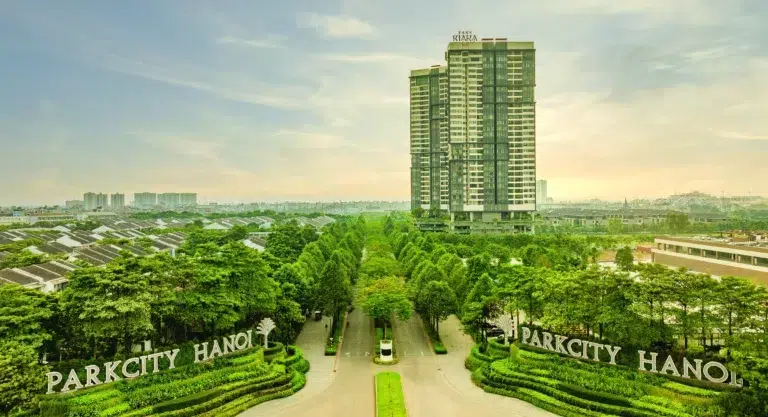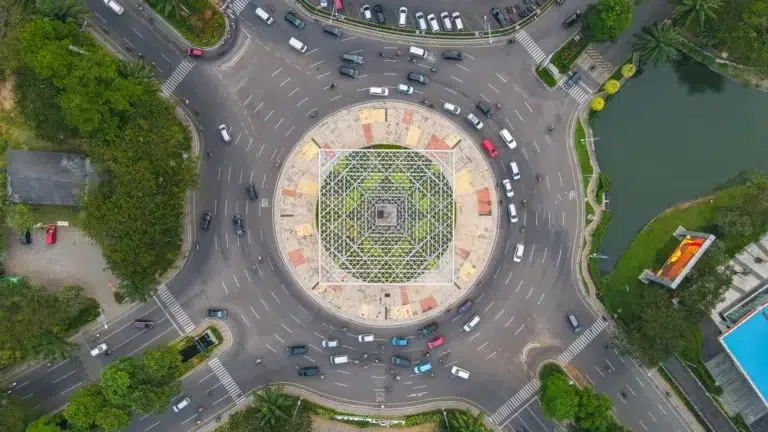Meet the notable woman who has built a circle of trust
Head of the advisory group at JLL Indonesia Vivin Harsanto aims to ensure that her firm remains a reliable partner for clients as they attempt to negotiate the post-pandemic world
Like many countries post-pandemic, Indonesia is working to pivot economically to a position of stronger growth following the challenges of the past few years.
And in her role as head of the advisory group at JLL Indonesia, Vivin Harsanto oversees research and strategic consulting while advising on property development and investment in both the public and private sectors. Harsanto sees a renewed emphasis on wellness and sustainability, along with technological innovation and recognition of a changing business landscape, as key drivers influencing the country’s real estate markets.
Harsanto, who joined JLL Indonesia in 2008, has 25 years of experience in the real estate industry, working on projects across all segments and in most major cities throughout Indonesia. She is an expert on development strategies, asset optimisation, and investment advisory, in addition to strategies related to the infrastructure sector
Looking to the year ahead, Harsanto says about her role: “We will continue to help shape the future of real estate by providing advice to our clients and remain a trusted partner for them in all aspects of their real estate needs, whether that’s their need for valuation planning, marketing, property management, and investments or technology in the property sector.
“We also continuously promote the importance of sustainability, aligning with global and government initiatives,” she adds. “Above all, we want to ensure that health and wellness post-pandemic will be a priority moving forward.”
Indonesia’s property market has been quite strong after a difficult period, with the economy expected to recover and grow rather quickly post-Covid.
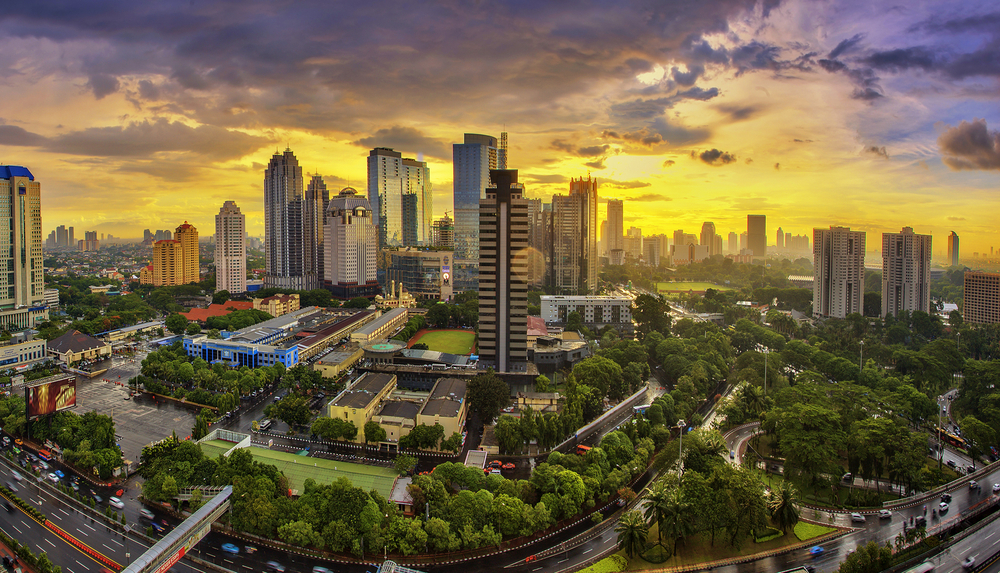
The main drivers of the recovery are a growing population and growing middle class, along with foreign and domestic direct investments and infrastructure developments. Each sector has its current state and character.
Office inquiries across various sectors, apart from active technology companies, have started to pick up since the start of the year. Tenants have cautiously resumed executing their real estate plans, with flight-to-quality, consolidation, and relocation as the central theme driven by cost savings.
Prime shopping malls in strategic locations have enjoyed healthy foot traffic with the easing of social restrictions that allowed them to operate at 100 percent capacity. F&B and fast-fashion occupiers remain the most active retail segments in 2022.
Meanwhile, the weak demand for condominiums in Jakarta has continued with potential buyers—especially investors—still cautious about buying. On the contrary, the landed housing sector has continued to be active, as can be seen from buyers’ responses to the launches of new products of various types.
As has been the case since the beginning of the pandemic, the need for modern warehouses has stemmed from e-commerce, third-party logistics, and FMCG (fast-moving consumer goods), all of which continue to expand and lease space in greater Jakarta. Last but not least, data centre players remain active in developing facilities, not only on the outskirts of Jakarta, but also within the city centre.
What might the next decade look like in Indonesia’s property market?
We expect the government to focus on infrastructure and public transportation that increase connectivity, including new MRT and LRT lines and toll roads.
Together with the private sector, there will be more initiatives in sustainability and more advanced and innovative efforts to innovate technologically. The office market will see changes in tenant behaviour and priorities such as wellness and sustainability—both supported by technology.
Retail will be more experiential as merchandise will be easily compared online. Therefore the retail experience and ambiance will be key. Automation in modern warehouses and smart homes will continue to advance. New infrastructure developments will create new public transportation hubs. Non-traditional real estate sectors could also potentially grow. We have seen this in the region, in areas such as urban logistics, data centres, self-storage, life science, and others.
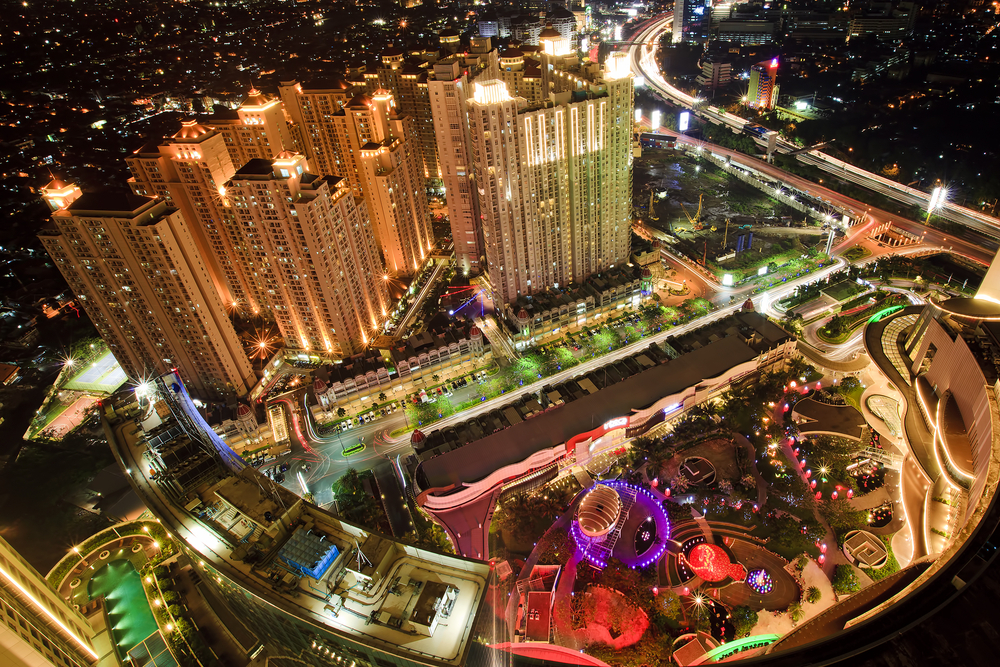
How do you see the luxury segment of the real estate market, which has been hit especially hard by the pandemic, posting a recovery? What will help support that recovery?
Indonesia’s luxury segment has been fairly quiet since 2015-16 with the new regulation on luxury taxes. Some adjustments have been made to those taxes. However, the pandemic has made them less effective, especially in the condominium market.
The luxury segment relies heavily on macroeconomic conditions and confidence levels. As some buyers in this segment see real estate as an investment, buyers are cautious when making purchases. They compare with other investment instruments to see how they could benefit from them. However, some buyers are also end-users. This has less effect on the economy, but more on alternate options, such as landed houses. We have seen new luxury landed residential units being sold, which means that spending power remains, but only for the right product.
The recovery of this segment mainly relies on the confidence level of potential buyers toward developers—whether it relates to the concept, product, construction progress, and payment terms offered.
What’s the long-term outlook for Jakarta, in your opinion, with the capital expected to move to Borneo?
Certainly, Jakarta will retain its status as Indonesia’s business centre, as with other cities in mature markets. The Jakarta government has created the city to be the centre of business and trading in the national, regional, and global economy. It will continue to be the driving force behind the economy.

How might Indonesia’s attempts to snare the digital nomad market with a new visa impact the property market?
The digital nomad is about millennials and youngsters who combine leisure and work. This new initiative could positively impact the tourism market, especially in Bali. It will expand a new type of demand on top of typical tourists, increasing the number of visitors to Bali. From January to August this year, there were around 3,000 visitors who applied for digital nomad visas, mostly coming from Russia, the US, and the UK.
These millennials and younger generations will drive new demand for leased residential, such as hotels and villas since they could stay for up to six months. Other than that, co-working spaces will be needed to accommodate these new types of visitors, as well as F&B services, such as cafes and restaurants.
The Jakarta government has created the city to be the centre of business and trading in the national, regional, and global economy. It will continue to be a driving force
What do you think is the importance of the Asia Property Awards as a benchmark for quality in the region?
Since it launched 16 years ago, the PropertyGuru Asia Property Awards series has grown to become the biggest real estate awards program in Asia Pacific. One thing that makes the program successful is its credibility. We believe in being free to enter, offering fair judgment for all, and a transparent process. Being recognised by this award entails a prestigious achievement for the participants.
Through this programme, participants also can learn and see ideas and innovations in other countries and ultimately up their own game in the industry.
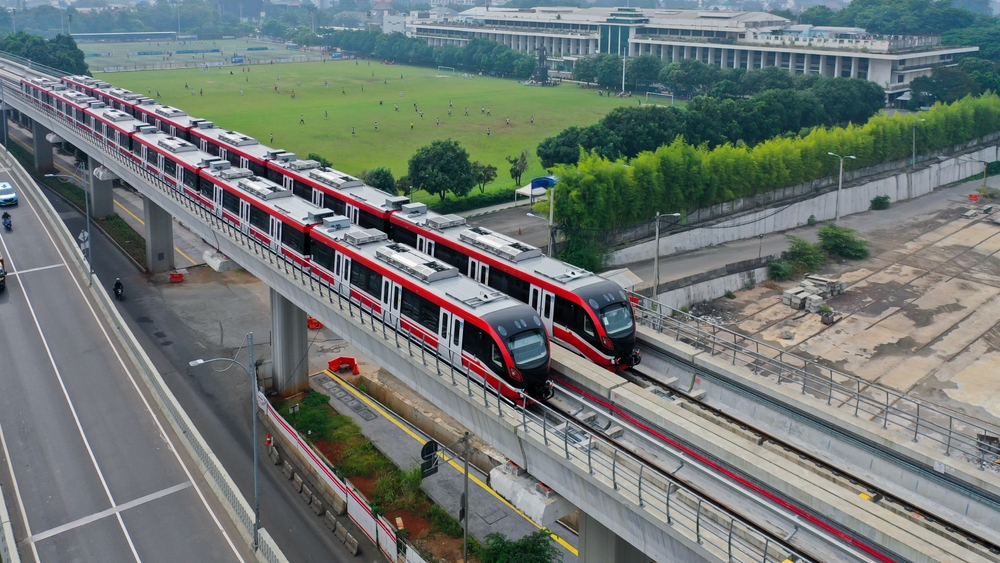
How is the global economic situation—with generally high inflation and rising interest rates—impacting Indonesia’s property market? What is being done to help support markets?
Indonesia must surmount three challenges that will come with the threat of global recession, which is expected to grip the world in 2023, Investment Minister Bahlil Lahadalia has said. These challenges to the investment sector include political stability, policy consistency, and people’s purchasing power.
Due to rising inflation, Bank Indonesia might increase the benchmark interest further, which could impact the residential market. Buyers could take a longer time in their decision-making process and look for more affordable homes, which consequently might mean a different location or smaller size.
Favourable demographics influence the outlook. Strong consumer spending prospects, thanks to a rapidly growing middle class, will sustain GDP growth. Another critical factor is a projection of a solid expansion of investment.
The original version of this article appeared in PropertyGuru Property Report Magazine Issue No. 175 on issuu and Magzter. Write to our editors at [email protected].
Recommended
Hanoi’s Park Kiara redefines urban living with green, people-centric design
Park Kiara in Hanoi is a repudiation of low-density, car-dependent suburban sprawl
ARES White Paper Volume 3: The era of adaptive reinvention
Pioneering sustainable and innovative practices in urban development
ARES White Paper Volume 2: Unravelling the power of data revolution in real estate
Insights on proptech, smart cities, and sustainable development
ARES Digital White Paper Volume 1: The fundamentals of responsible building
Green and climate heroes join forces to discuss how Asia Pacific can weather the current environmental crises and the looming effects of climate change

